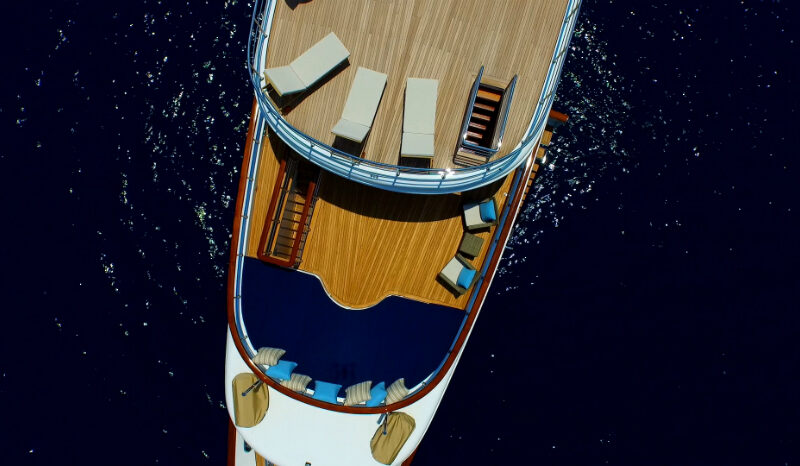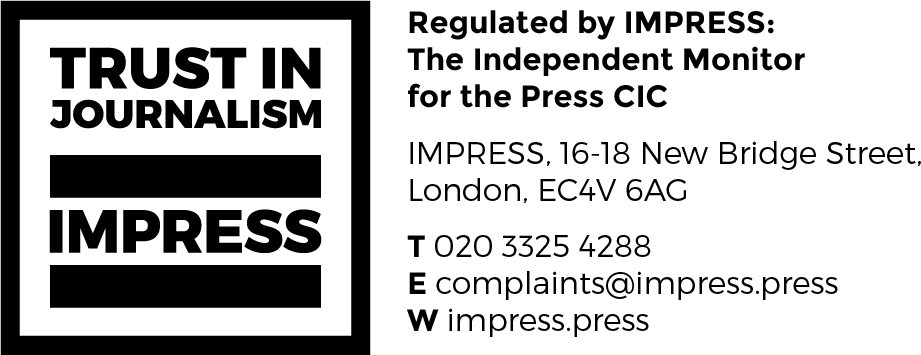The superyacht industry is changing

Ken Griggs and Simon Roberts from Dominion Marine discuss the “VAT minefield” in Europe and the implications this will have on the superyacht industry.
The pressure is mounting in the European Union for all member states to reduce their budget deficits. The northern European countries are becoming increasingly intolerant of fiscal indiscipline in the south, and are pushing a very clear message that all countries should be closing tax loopholes for wealthy individuals.
The message coming from Brussels is that VAT is not a choice but a duty, doing away once and for all with the old adage that VAT stood for ‘Voluntary Added Tax’, and that it should be paid by everybody, regardless of wealth or status.
“We are feeling the pressure waves in the superyacht industry”
Superyacht finance expert Ken Griggs (pictured right), Director of Dominion Marine, which offers a Monaco based ownership solution for qualifying private superyachts, said:
“We are feeling the pressure waves in the superyacht industry, with many changes in recent years, such as the payment of VAT on charters in Italy, France, and lately Spain and Croatia, and an attempt by the French Government to levy a mooring tax on yachts. This latter initiative failed because of pressure from the industry, which successfully lobbied for the removal of this counter-productive tax.
The superyacht industry is worth billions to France and other southern European countries and such taxes are a clear case of cutting off your nose to spite your face. We have often seen such taxes just drive the yachts into neighbouring waters.”
“It is a VAT minefield”
The different VAT rules and regulations in each EU member state can be very confusing, especially for the uninitiated. Popular destinations such as Italy, Croatia, Spain, France and Greece, all have different VAT rates and rules. It is a VAT minefield, and operating a charter yacht in the midst of these constant changes, requires precise knowledge of what is happening.
All eyes are on what will happen next. The French authorities, for example, succumbed to pressure from Brussels to amend their VAT exemption rules for commercial yachts and issued new VAT exemption conditions for commercial yachts that came into force in May 2015. It is not yet known how many yachts will qualify for commercial exemption but there is no doubt that those who do not qualify will find themselves paying full VAT and duty on the operation of their vessels.
“One thing is certain: the superyacht industry is changing”
Simon Roberts (pictured below), Head of Yachting Services for Dominion Marine, commented on the additional pressures that commercial yachts face:

“The introduction of the ILO Maritime Labour Convention 2006, which came into full effect in August 2013, created many new rights for employees and obligations for employers.
Whilst no one would argue against the importance of better working conditions for all on board and the protection of employee rights, it is 2015 after all, there is no doubt that this has added extra costs to the running of large commercial yachts.
Whilst the MLC regulations are crystal clear, there are many grey areas when it comes to VAT for commercial yachts operating in EU waters, and this is creating a major headache for some superyacht owners.”
Some may think there is no return to the good old days of continuous growth in the charter market, others may feel optimistic about the future, but one thing is certain: the superyacht market is changing.
Simon Roberts added:
“The yachting industry will inevitably become a fully commercial or fully private affair. The historical ‘mix and match’ approach is increasingly unviable.
It is crucial to decide from the outset whether the yacht is going to be run as a commercial or private vessel, as this will determine the ownership structure, the choice of flag state and the technical specification of a new build.”
Ken Griggs discussed why this news and other changes that are surely in the EU pipeline are going to have a major impact on how owners view the way they operate their yachts:
“Superyacht owners, resident in the EU, who want to own a yacht purely for pleasure, will be saying to themselves, why take on the hassle, cost and risk of maintaining a large commercial yacht. However, they will also be asking how to minimise the impact of VAT on the hull value. In fact I know they are.
They can pay full VAT of course, or they can look to Malta or Monaco for a better solution. The Maltese leasing scheme offers the option of paying variable rates, which can be as low as 5.4%, on the value of the hull, whereas in Monaco, part of France for VAT purposes, VAT can be deferred by paying it on the depreciation of the yacht. This is currently the most cost-effective solution in Europe.
To use a simple example, an owner of a €50m yacht can either pay approximately €3m to Malta, and become VAT paid, or as little as €150,000 a year to Monaco through a robust and fully authorised rental solution.”
Originally published by Dominion Marine, ICM Group
Ken Griggs
Director, Dominion Marine
E: [email protected]
T: +377 93 10 54 55
Simon Roberts
Head of Yachting Services, Dominion Marine
E: [email protected]
T: +44 (0)1624 682439
Subscribe to our free newsletter
For more opinions from Superyacht Investor, subscribe to our email newsletter.

